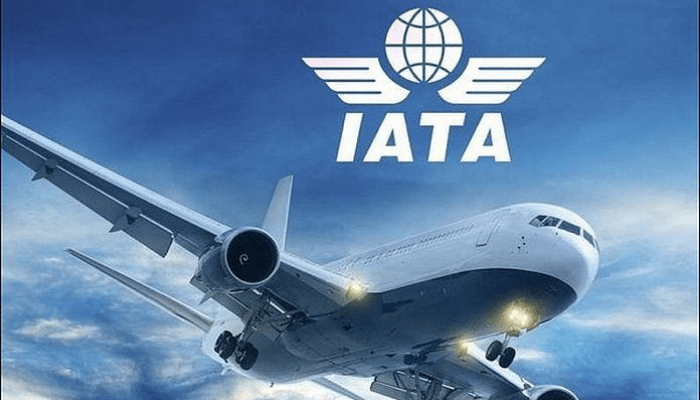…lags behind global average
The International Air Transport Association (IATA) has urged African governments to prioritise aviation safety as well as see it as a catalyst for economic growth, job creation, connectivity, and social development.
According to IATA, on average, the effective implementation rate for ICAO SARPS is 59.49 per cent across 46 of 48 sub-Saharan African states, behind the global average of 69.16 per cent and the global target of 75 per cent. States must take action to close this longstanding gap.
The group disclosed that Africa’s aviation sector was a vital economic driver, contributing $75 billion to Gross Domestic Product 9GDP) and supporting 8.1 million jobs, with the continent’s aviation market projected to grow at 4.1 per cent over the next 20 years, doubling by 2044.
“More important than the growth of the sector is the impact that a successful aviation industry has on social and economic development. As governments prioritise how to deliver their agendas with limited resources, it is critical to recognise that supporting aviation underpins jobs, trade, and tourism,” said Somas Appavou, IATA’s Regional Director External Affairs, Africa.
Consequently, the clearing house for over 350 global airlines called for improved aviation safety, stressing that while African safety has improved, it lamented that the continent’s safety rate lags the global average in its implementation of ICAO Standards and Recommended Practices (SARPS).
IATA equally stated that in 2024, runway excursions were the most prevalent among Africa’s 10 reported accidents. IATA calls for a renewed effort by ICAO’s Runway Safety Team missions at airports to improve performance in this area, including by ensuring the effective implementation of ICAO SARPS.
IATA also calls for African states to abide by the ICAO Annexe 13 global standard to deliver timely accident reports. Of the 42 accidents occurring in Africa between 2018 and 2023, only eight have seen the publication of a final report.
The IATA Operational Safety Audit (IOSA) and the IATA Standard Safety Assessment (ISSA) are tools to strengthen airline safety performance, support effective regulatory oversight, and promote a consistent, risk-based approach to operational safety.
The IATA chief further stated that taxes and charges on air travel in Africa are15 per cent higher than the global average. He said governments must understand that the greatest value that aviation brings to an economy is catalytic, noting that transporting travellers and goods stimulates job creation.
Destroying demand with excessive taxation, IATA said, puts the brake on economic and social development, hinting that where charges are used to fund critical aviation infrastructure, coordination between industry and government is essential. The aim, he noted, must be to build growth-supporting infrastructure that is cost-efficient and scalable.
Appavou bashed nations that are still blocking airlines’ funds, lamenting that Airlines cannot operate in a market if they are unable to repatriate revenues generated, which is guaranteed in international treaties and bilateral agreements.















